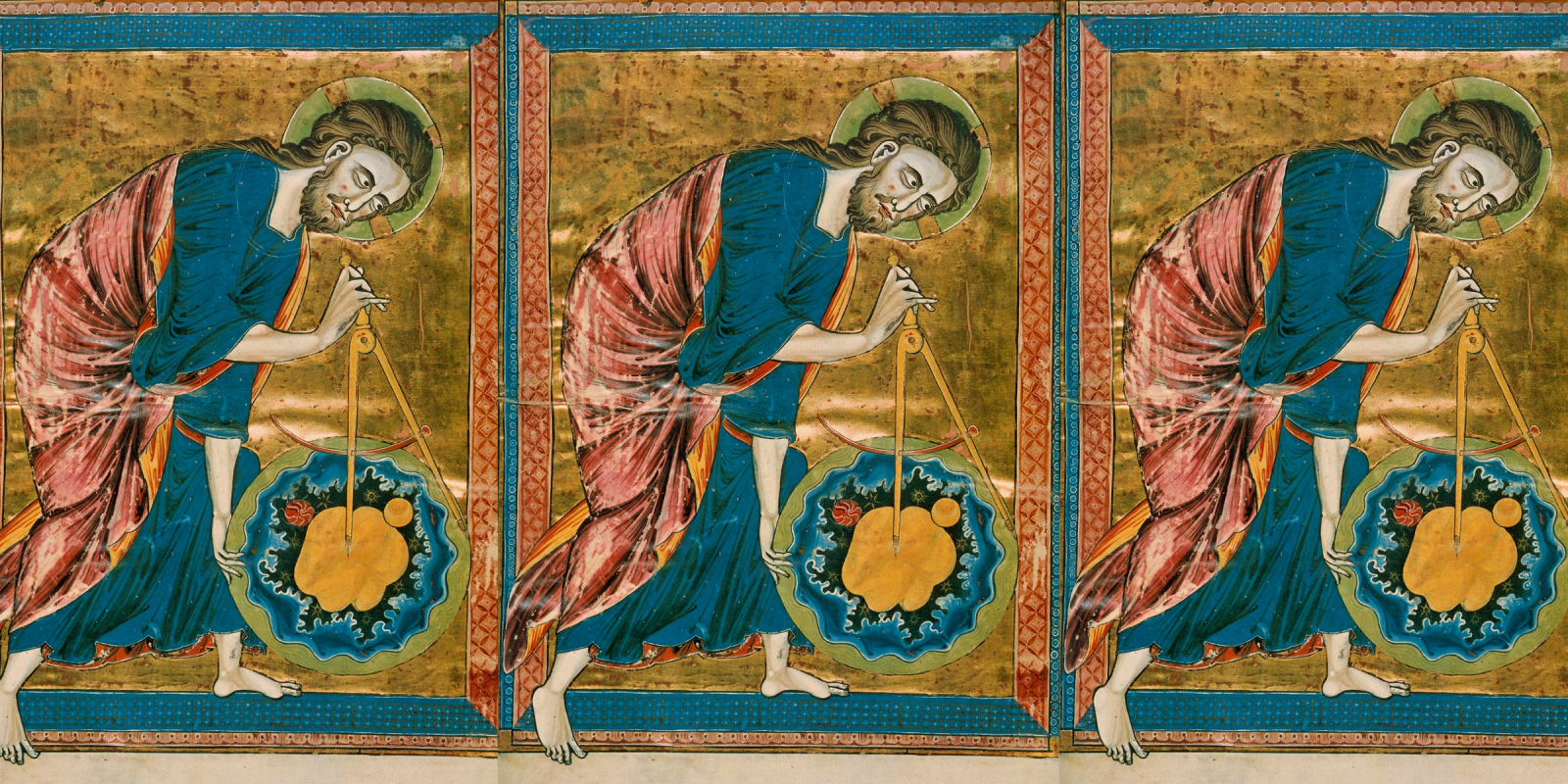
William Dembski on Scientism, Science, and Christian Faith
On today’s ID the Future, philosopher William Dembski and host Casey Luskin explore the relationship between science and faith. What is science? What is faith? How does Christianity define faith? Dembski explains that faith in the Judeo-Christian tradition is not the opposite of reason; at the same time, faith possesses a relational component—trust in a just, gracious, and reasonable God—that goes beyond mere assent to propositions. As for science, Dembski describes it as a careful search for truths about the natural world, including truths about key elements such as the birth of our fine-tuned universe and the origin of living things. Dembski says that he is convinced that scientific discoveries, unshackled from atheistic blinders, point strongly to intelligent design as the best explanation for life and the universe, a conclusion friendly to theism. As Dembski also notes, science was invented by theists, most of them Christians. They were motivated to search out the rational underpinnings of a cosmos because they believed it was fashioned by a rational designer. The occasion for the conversation is the recent Harvest House anthology, The Comprehensive Guide to Science and Faith: Exploring the Ultimate Questions about Life and the Cosmos, which Dembski co-edited and contributed a pair of chapters to. Get your copy here.

